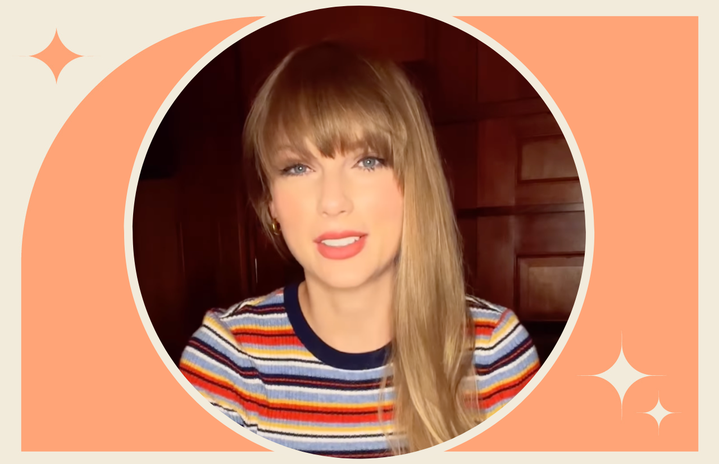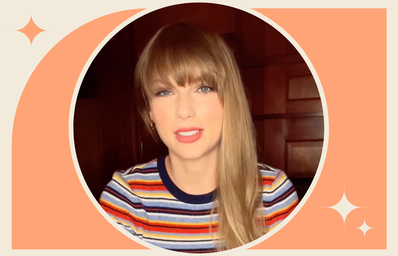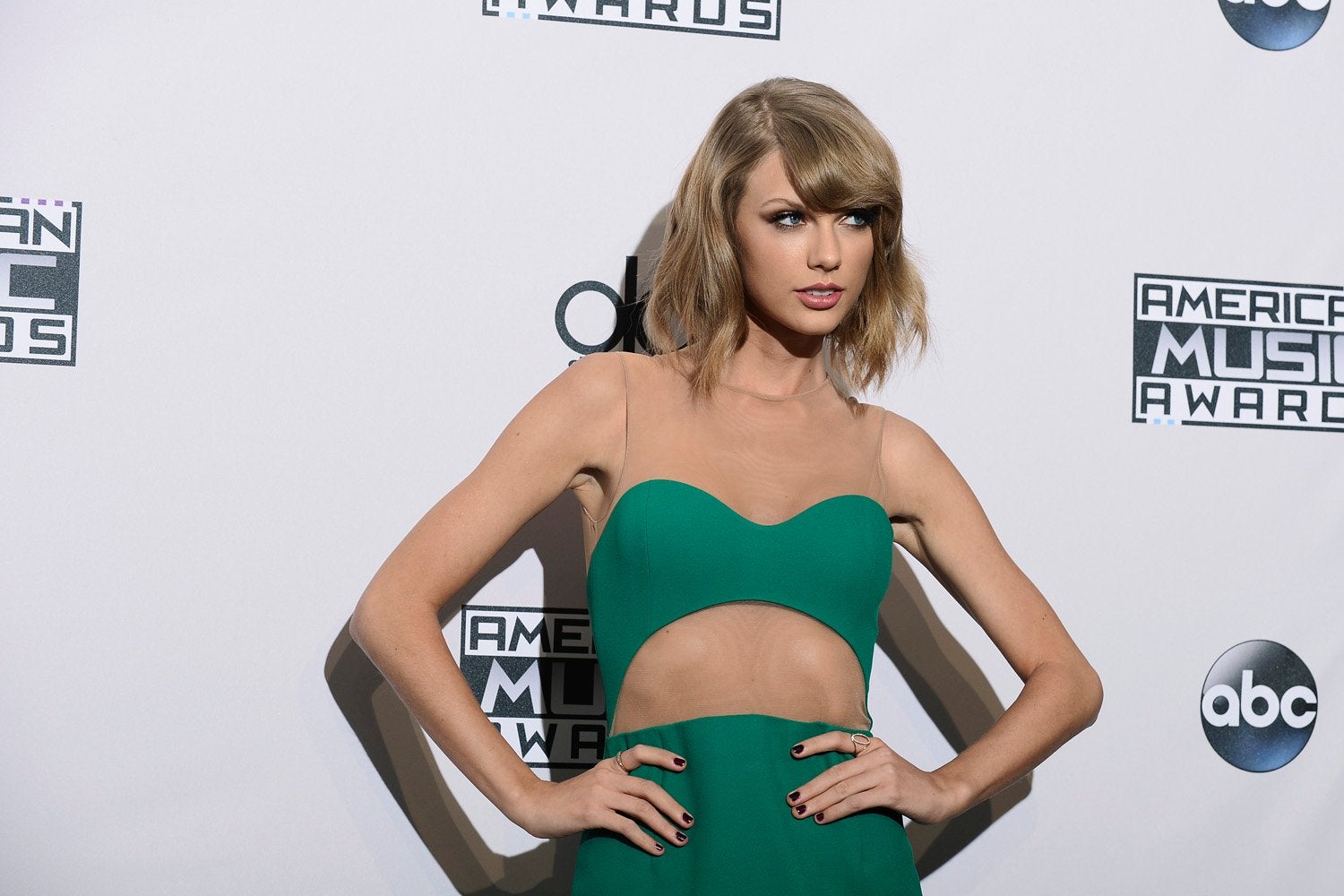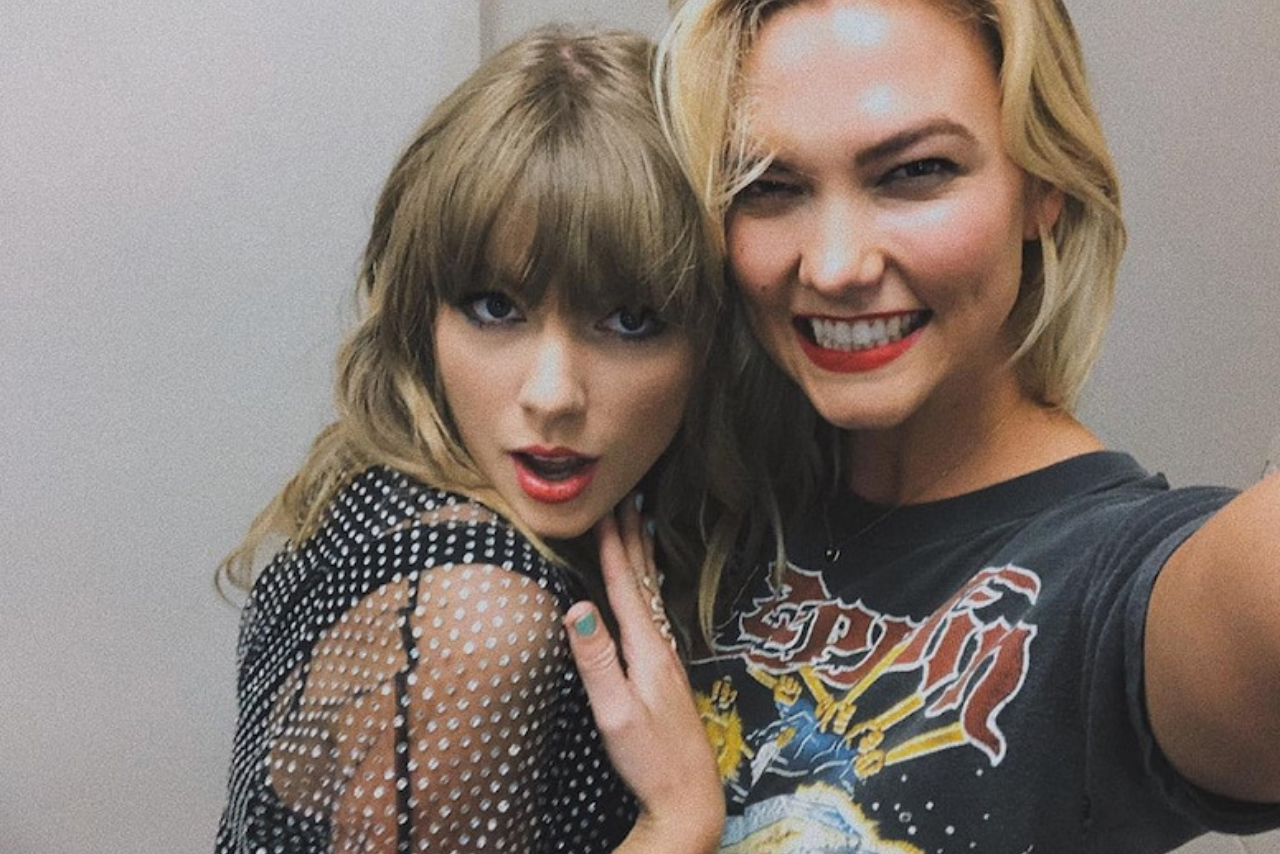If you’re anything like me, you have been nonstop streaming Taylor Swift’s new album, The Tortured Poets Department. I have considered myself a “Swiftie” for years and had been counting down the days to this newest release (which did not disappoint!). All over TikTok I have been seeing lyric analyses and theories and comparisons, but at what point does the amount of prying into Swift’s life cross an ethical line? What amount of theorizing about Swift’s romantic relationships and personal life is being her fan, and what amount is bridging into having a parasocial relationship with her? While I cannot offer specific guidelines, I definitely have seen some things that I feel have crossed that line.
All over TikTok, I have seen jokes about Joe Alwyn, Matty Healy, and Travis Kelce. While I have laughed at my fair share of them, and reposted a few, I’ve started to wonder what amount of focusing on the muse of Swift’s songs takes away from her work and bridges into deep prying into her life. Does it matter which one her ex lovers, or current lover, a song is about? While it’s totally funny to poke fun at them, sometimes it seems to go too deep. In an album review from The Sunday Times that Taylor retweeted, Dan Cairns writes that “insisting on a paternity test for every song robs us of the simpler pleasure of just basking in the work of a writer at the very top of her game” (Republic). I agree with this take. I think, a lot of times, fans feel the need to attribute artists’ work to a specific person, when that’s really not the point. Music is art and should be respected independently from the rumors that surround its creation.
Swift is an artist and does not owe her fan base an explanation for her songs or a detailed list of how her love affairs started and ended. This sort of behavior is seen all over tabloids, which is expected, but I have also seen Swifties participating. I think that this comes from a parasocial relationship where some Swift fans believe that they are personally friends with Swift and have a right to know the intimate details of her life. Swift is a public figure and has gained her success through her personal songwriting about her own feelings and experiences. Lines become blurry when an artist is so open with their fans, but ultimately, Swift is still just a person. Although Swifties may want to know all the gritty details behind the scenes, myself included, it’s not going to happen and enjoying her art is better once that is accepted. Swift loves her fans, which she makes very clear, but that doesn’t mean that Swifties need to know everything about her and her lovers.
In Swift’s newest album, the song “How Did It End?” details going through a breakup and how fast the news spreads, with each person finding out and asking the same question: how did it end? In the chorus, Swift says “Come one, come all, it’s happening again…We’ll tell no one but all of our friends.” Swift’s reference to circus imagery and saying that “no one” is told about the breakup, except everyone is, reflects how breakups happen in her life. She seems to be saying no matter how few people she tells, it gets out and becomes a show for all of the public to view. If this explanation isn’t clear enough, Swift seems to definitely be explaining how her life being analyzed so deeply impacts her negatively.
In Swift’s album release post (above), she writes that this time in “the author’s life is now over, the chapter closed and boarded up.” She says there is “nothing to avenge, no scores to settle once wounds have healed. And upon further reflection, a good number of them turned out to be self-inflicted.” Swift makes it clear in her announcement post that it doesn’t matter who these songs are about because it’s all over. She goes on to say that she “is of the firm belief our tears become holy in the form of ink on a page.” She ends this post by saying “once we have spoken our saddest story, we can be free of it.” If Swift is ready to be free of these relationships and issues, why can’t we? What’s wrong with enjoying her art and respecting her craft without needing to decode the sad stories that got her there?





